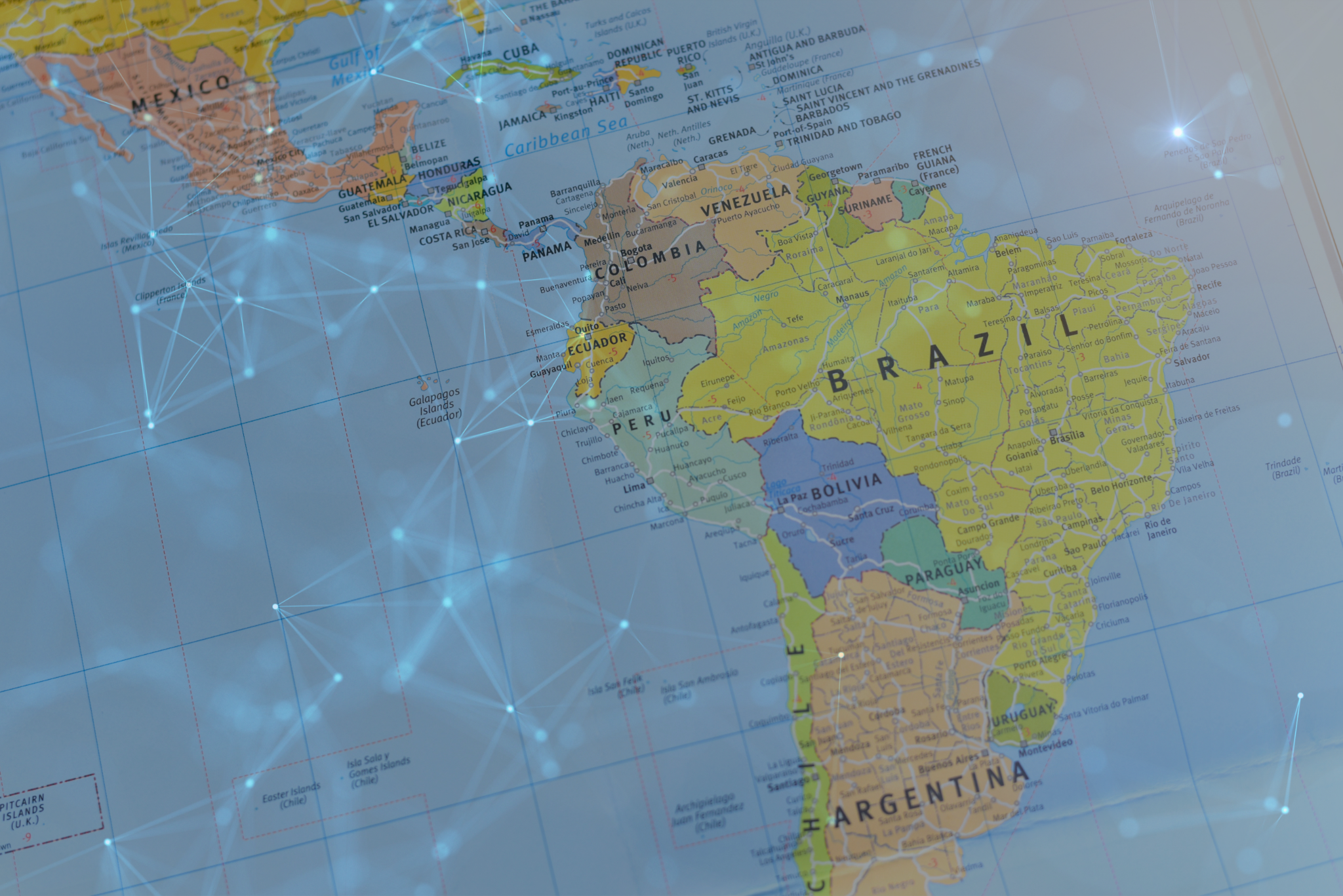
Student Contractor, Youth and Education Privacy
The Future of Privacy Forum (“FPF”) is a non-profit organization that serves as a catalyst for privacy leadership and scholarship, advancing principled data practices in support of emerging technologies. FPF brings together industry, academics, consumer advocates, and other thought leaders to explore the challenges posed by technological innovation and develop privacy protections, ethical norms, and […]

Alan Raul, Founder of Sidley Austin’s Privacy and Cybersecurity Law Practice Elected FPF’s New Board President
FPF Founder Christopher Wolf and Board Chair steps down after 15 years of service FPF is pleased to announce Alan Raul, former Vice Chairman of the Privacy and Civil Liberties Oversight Board, has been elected to serve as President and Chair of the organization’s Board of Directors. Raul succeeds Christopher Wolf, founding Board President and […]

FPF Proposed Advertising Risk-Utility Framework – April 2024 (v1.0)
D RAFT A dve rtis in g i n t h e A ge o f D ata P ro te ctio n B ack g ro u nd f o r a P ro p ose d R is k -U tilit y F ra m ew ork f o r N ove l […]

FPF Vehicle Safety Systems_March2024 FINAL (2)
VEHICLE SAFETY SYSTEMS Privacy Risks and Recommendations MARCH 2024 The Future of Privacy Forum (FPF) is a non-profit organization that serves as a catalyst for privacy leadership and scholarship, advancing principled data practices in support of emerging technologies. Learn more about FPF by visiting fpf.org. AUTHORED BY Adonne Washington Policy Counsel, Mobility, Location, and Data […]

FINAL FPF-PPPM-2024-Digest-PRINT-R4-singles
PRIVACY PAPERS FOR POLICYMAKERS 2023 Privacy Papers for Policymakers 20231 February 27, 2024 We are pleased to introduce FPF’s 14th annual Privacy Papers for Policymakers. Each year we invite privacy scholars and authors to submit scholarship for consideration by a committee of reviewers and judges from the FPF Advisory Board. The selected papers are those […]

FPF Vehicle Safety Systems_March2024 FINAL
VEHICLE SAFETY SYSTEMS Privacy Risks and Recommendations MARCH 2024 The Future of Privacy Forum (FPF) is a non-profit organization that serves as a catalyst for privacy leadership and scholarship, advancing principled data practices in support of emerging technologies. Learn more about FPF by visiting fpf.org. AUTHORED BY Adonne Washington Policy Counsel, Mobility, Location, and Data […]

15th Annual Advisory Board Meeting 2024
Welcome! This page will be your primary source for all 15th Annual Advisory Board Meeting details and resources. Planning to attend this year’s Advisory Board Annual Meeting? Join us on Wednesday, June 5th, for AI FORWARD: FPF DC Privacy Forum, which is open to the public. DC Privacy Forum: AI Forward will explore the intersection of data privacy and AI, […]

Privacy and the Rise of “Neurorights” in Latin America
Authors: Beth Do, Maria Badillo, Randy Cantz, Jameson Spivack “Neurorights,” a set of proposed rights that specifically protect mental freedom and privacy, have captured the interest of many governments, scholars, and advocates. Nowhere is that more apparent than in Latin America, where several countries are actively seeking to enshrine these rights in law, and some […]

FPF Vehicle Safety Systems_March2024
VEHICLE SAFETY SYSTEMS Privacy Risks and Recommendations MARCH 2024 The Future of Privacy Forum (FPF) is a non-profit organization that serves as a catalyst for privacy leadership and scholarship, advancing principled data practices in support of emerging technologies. Learn more about FPF by visiting fpf.org. AUTHORED BY Adonne Washington Policy Counsel, Mobility, Location, and Data […]

